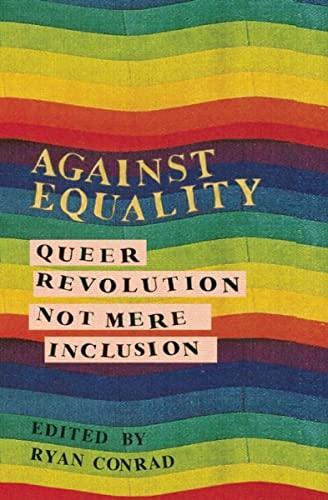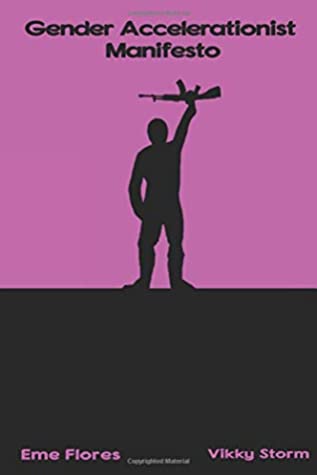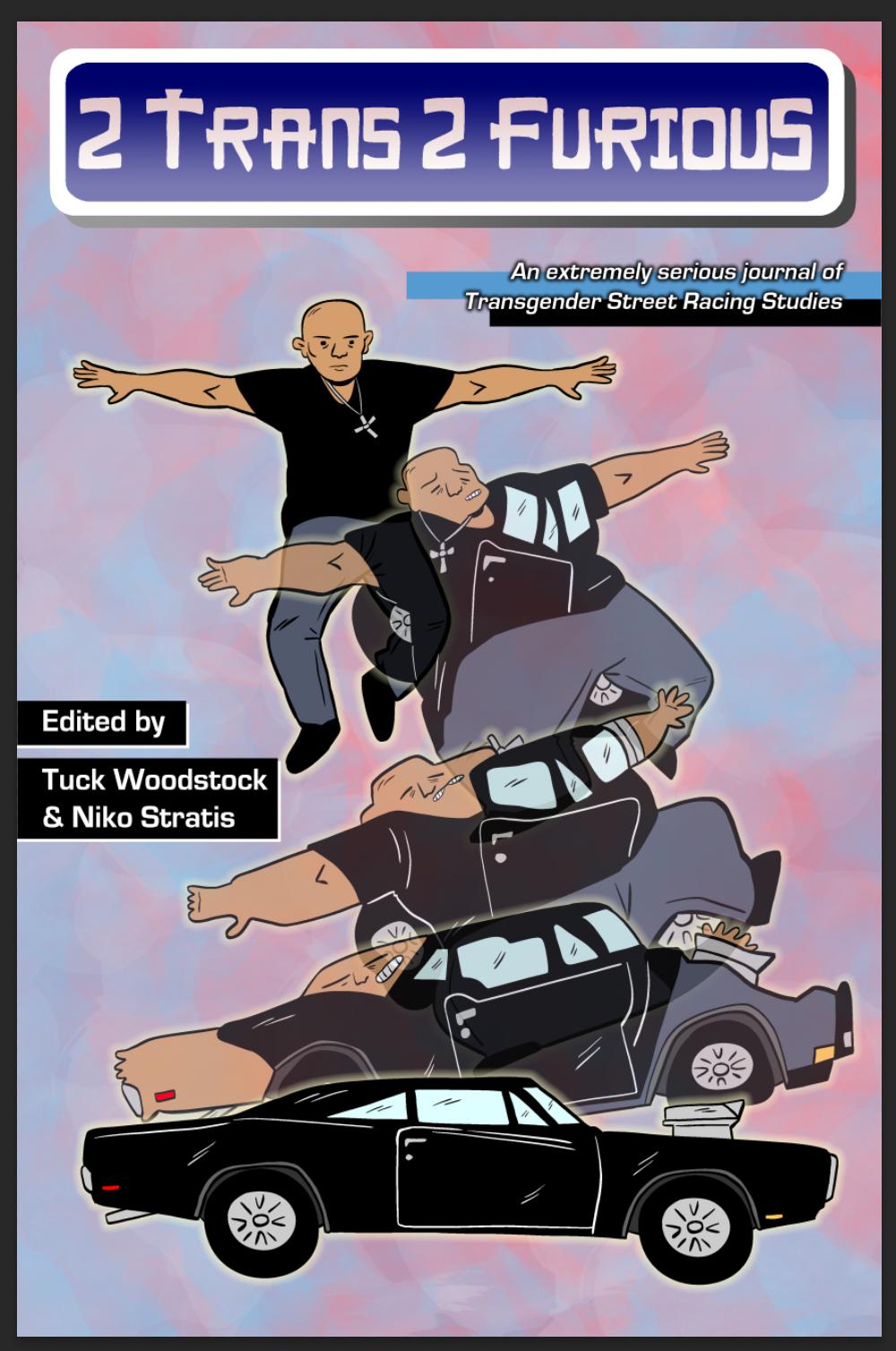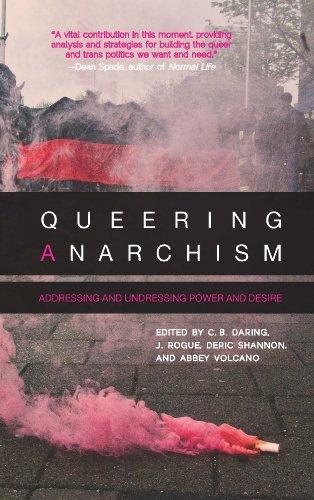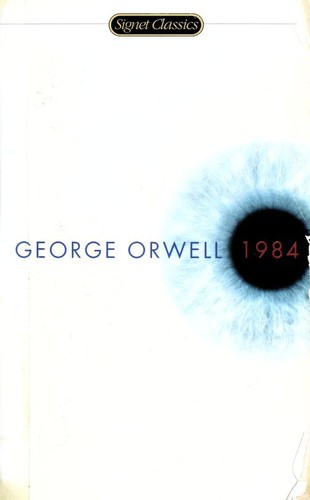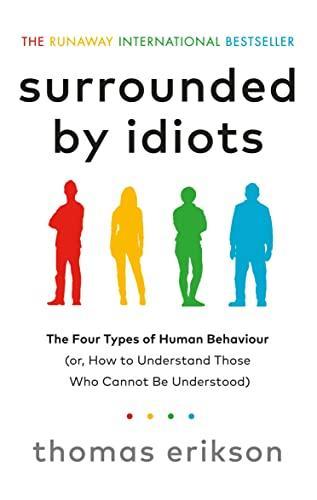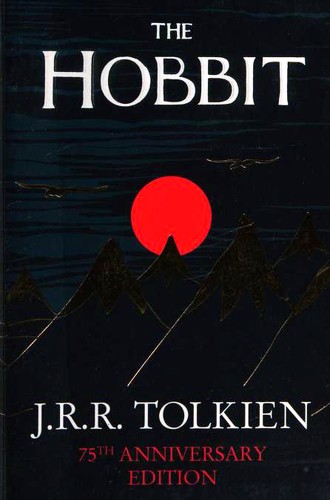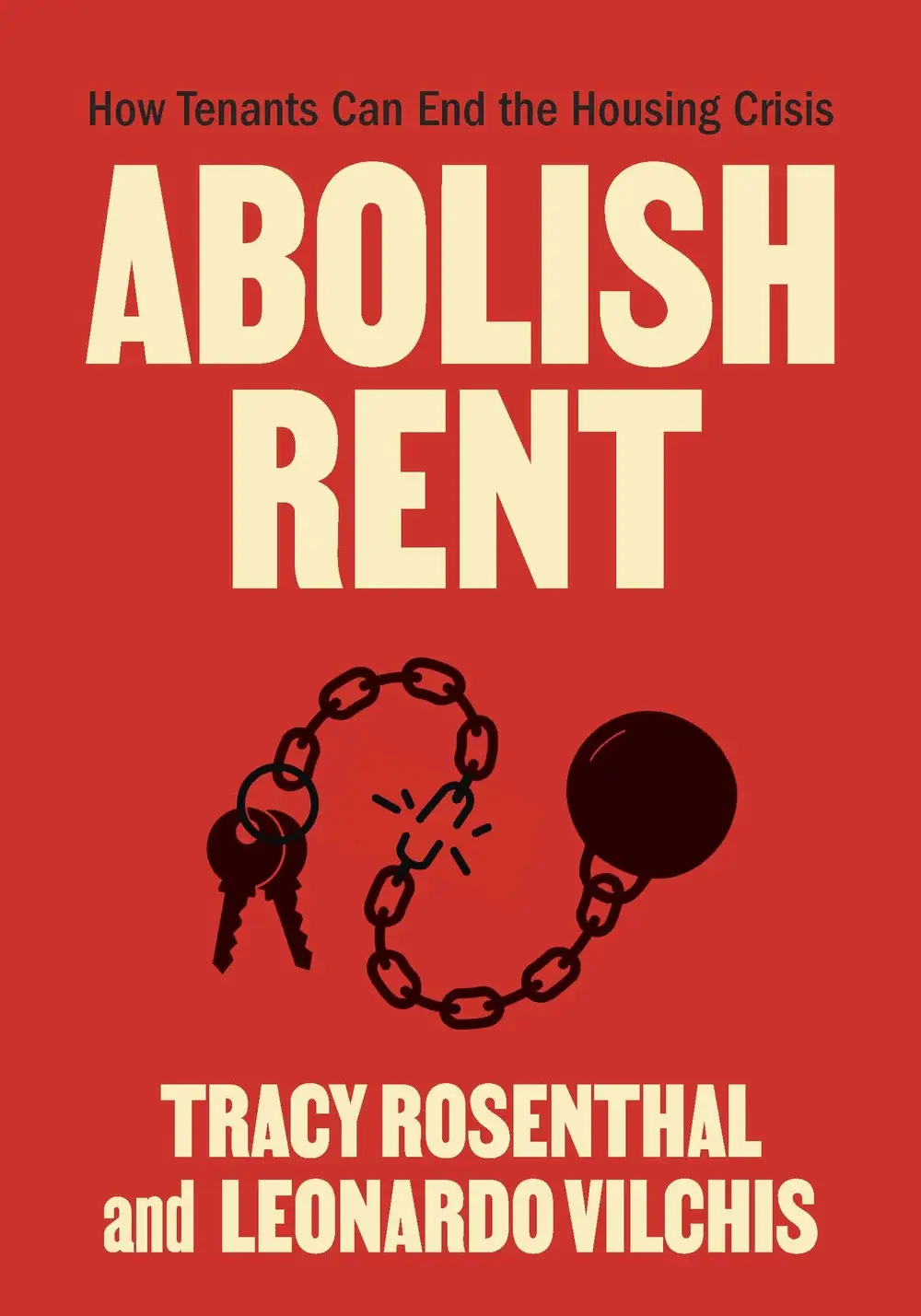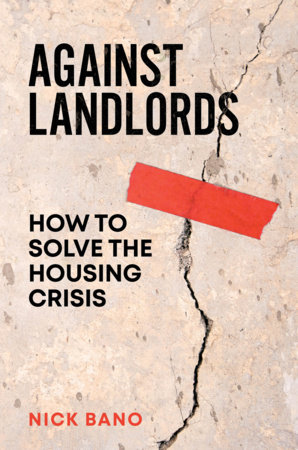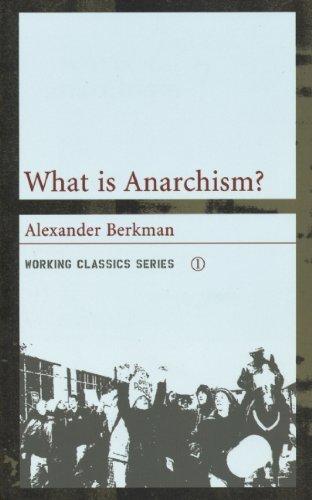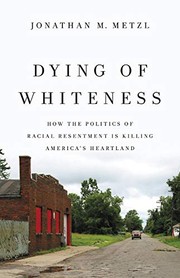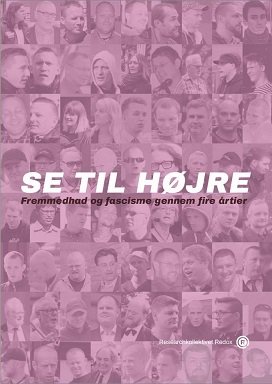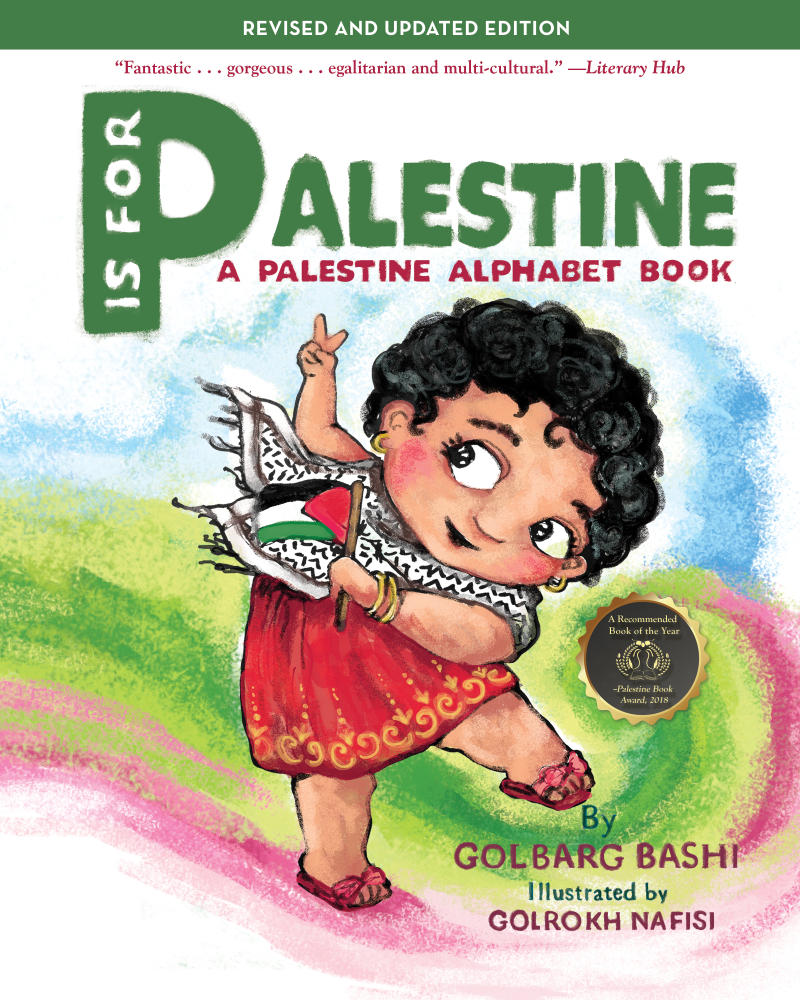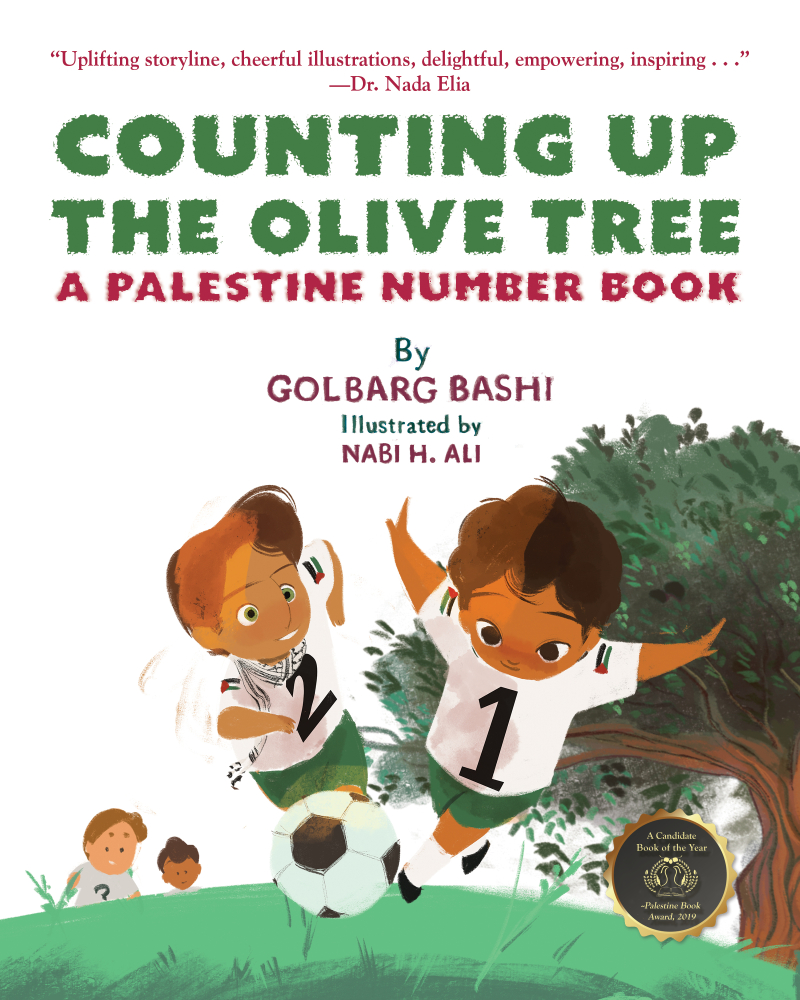Interesting take on the word "solidarity." Not sure I 100% agree, but it definitely warrants some thinking on
User Profile
I develop websites, I currently work for Sansir as a front-end developer I am also a member of Sosialistisk Ung (SU).
My pronouns are they/them.
I sometimes make food, when I do, I like to spend a little extra time to make the plating to look a bit nicer, and then share images of the food.
I live in the Faroe Islands, and I can be contacted at contact@morkore.fo.
You can also find me here:
This link opens in a pop-up window
Sigmundur Mørkøre's books
Currently Reading (View all 5)
User Activity
RSS feed Back
Quinn (they/them) wants to read Against Landlords by Nick Bano
Sigmundur Mørkøre wants to read Unmasking Autism by Devon Price
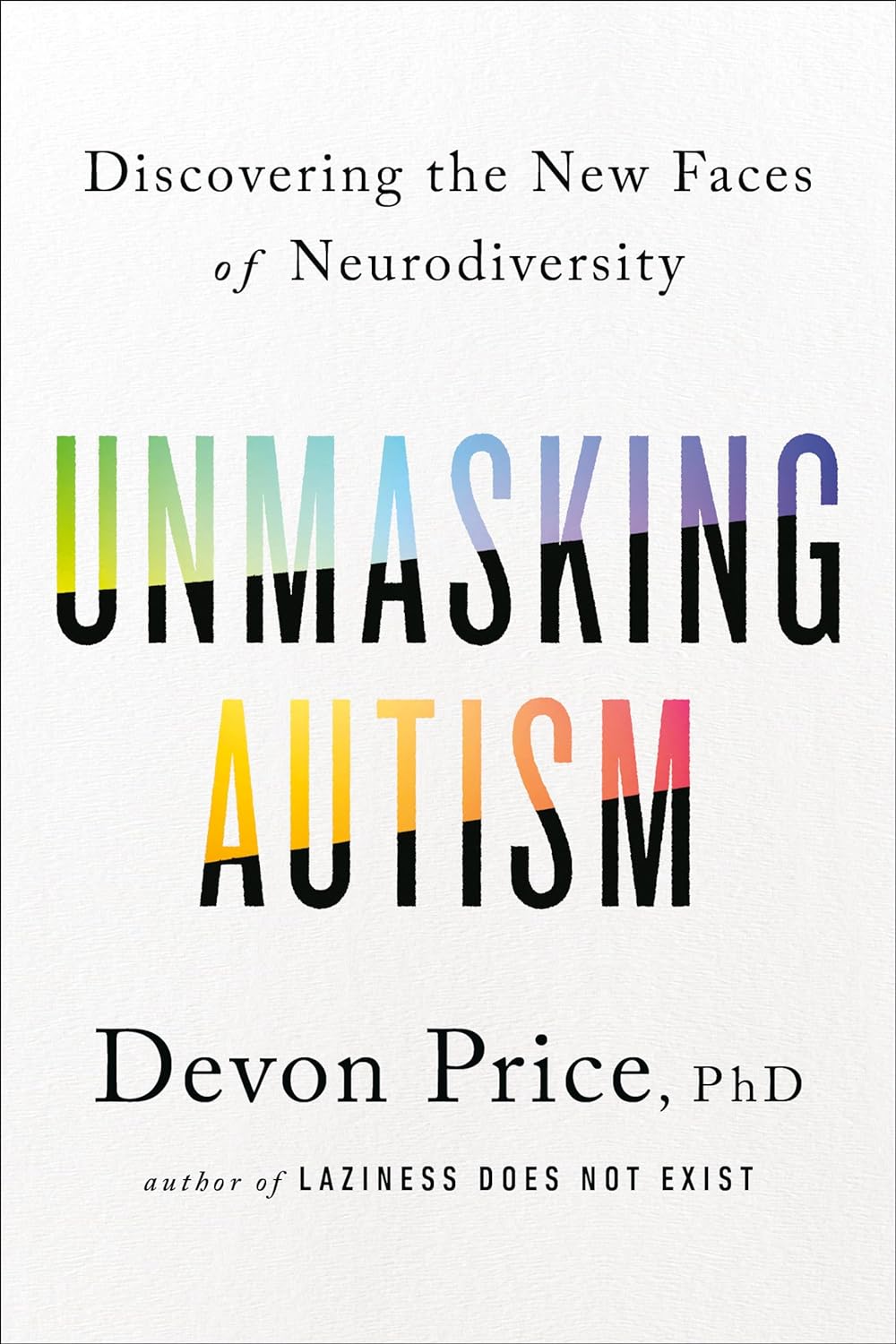
Unmasking Autism by Devon Price
A deep dive into the spectrum of Autistic experience and the phenomenon of masked Autism, giving individuals the tools to …
Vár Autumn Reinert Sommer-Winther started reading Capital as power by Jonathan Nitzan (RIPE series in global political economy)
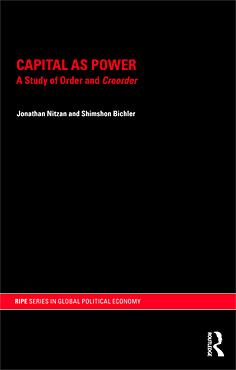
Capital as power by Jonathan Nitzan (RIPE series in global political economy)
FROM THE BACK COVER:
Conventional theories of capitalism are mired in a deep crisis: after centuries of debate, they are …
[B]oth of us have become uncomfortable with using the term "solidarity." We don't want to mark out the groups with whom we should be strategically sharing power as separate from us, because we know that groups tend to overlap in idenitty. We often find that when we claim "solidarity" with one group or another, the use of that word obscures a more personal connection we have to the struggle in which we're engaged.
— Against Equality: Queer Revolution, Not Mere Inclusion by Ryan Conrad, Bill Andriette, Jack Aponte, and 27 others (Page 84)
vxnxnt quoted What Is Anarchism? by Alexander Berkman (Working Classics, #1)
It is not the wrongs and crimes punishable by law that cause the greatest evil in the world. It is the lawful wrongs and unpunishable crimes, justified and protected by law and government, that fill the earth with misery and want, with strife and conflict, with class struggles, slaughter, and destruction.
— What Is Anarchism? by Alexander Berkman (Working Classics, #1)
vxnxnt quoted What Is Anarchism? by Alexander Berkman (Working Classics, #1)
Today no man can live by his own work: he must be helped by the labor of others. Therefore all that we have, all wealth, is the product of the labor of many people, even of many generations. That is to say: all labor and the products of labor are social, made by society as a whole.
But if all the wealth we have is social, then it stands to reason that it should belong to society, to the people as a whole.
— What Is Anarchism? by Alexander Berkman (Working Classics, #1)
Tilde Lowengrimm reviewed Dying of Whiteness by Jonathan M. Metzl
Whiteness is politics of calculated harm, not ignorance of negative consequences
A difficult book to read, since it mostly talks about how people are harmed, and how society fails to protect & support them. The three main topics covered are gun ownership leading to (especially) suicide, opposition to government-provided healthcare leading to worse healthcare outcomes, and school funding cuts leading to many negative outcomes. Whiteness is a political doctrine which contains many jagged bits and pieces of ideology which don't necessarily fit together neatly. One of the things this book did for me was articulate that at least in the policy areas of guns and healthcare, white people aligned with the white political project are not ignorantly voting for harmful policies. The people interviewed know that widespread easy access to guns leads to more gun deaths, and they accept and acknowledge that as a reasonable cost of maintaining their rights. Likewise healthcare: there is no confusion about the fact that moving …
A difficult book to read, since it mostly talks about how people are harmed, and how society fails to protect & support them. The three main topics covered are gun ownership leading to (especially) suicide, opposition to government-provided healthcare leading to worse healthcare outcomes, and school funding cuts leading to many negative outcomes. Whiteness is a political doctrine which contains many jagged bits and pieces of ideology which don't necessarily fit together neatly. One of the things this book did for me was articulate that at least in the policy areas of guns and healthcare, white people aligned with the white political project are not ignorantly voting for harmful policies. The people interviewed know that widespread easy access to guns leads to more gun deaths, and they accept and acknowledge that as a reasonable cost of maintaining their rights. Likewise healthcare: there is no confusion about the fact that moving closer to universal healthcare would help them and their communities. But they are willing to forego that benefit in order to withhold it from other, mostly non-white, disfavored groups. These are deliberate calculated choices, not ignorant policy-against-self-interest. These people have simply decided that the individual and community costs of these policies (gun access and individualized healthcare) are worthwhile. Education seems like the exception. The voices highlighted seemed to reject the legitimacy of education funding cuts after seeing the negative outcomes of those policies. They previously believed that education was inefficient and overfunded, but amended those beliefs after funding cuts hurt schools. This outcome was not consistent, but it was noticeable for happening at all in contrast to guns and healthcare. However, even when it came to education, that policy objective was less important than other objectives more closely centered around the project of whiteness. Hence interviewees who objected to local and state school-defunding decisions but were still excited to vote for Trump's ethno-nationalist policies despite disagreeing with his education policy. Overall, it is abundantly clear from these interviews and analyses that whiteness is a doctrine of exclusion, perceived scarcity, and hatred. It is probably not surprising to hear that whiteness has racial animus at its heart. What was most interesting to me was that ignorance was not a key pillar of policy decision-making. White politics entails full awareness of the harm done by white policies to white communities. It is simply calculated that these lives lost are an acceptable cost.
Sigmundur Mørkøre rated Anarchist Unionism: 5 stars

Fire with Fire: Anarchist Unionism (Fire with Fire)
Anarchist Unionism by Fire with Fire (Relationship-Based Organizing)
This pamphlet is from a collection of my writing on a broad range of political organizing and theory: firewithfire.blog. …
Sigmundur Mørkøre finished reading Anarchist Unionism by Fire with Fire (Relationship-Based Organizing)
This pamphlet is from a collection of my writing on a broad range of political …
Took a break from Mutual Aid, to read a shorter pamphlet on Anarchist Unionism.
"Anarchist Unionism: A Forgotten but Glorious History" goes over how anarchism and unionism fit together, and describes the history of various anarchist unions throughout history throughout the entire globe. It also argues that today's anarchists focus too little on unions, and unions are too far removed from anarchism, but also argues that the current socio-political landscape is ripe for a revolution of anarchist unions to flourish again.
Sigmundur Mørkøre wants to read SE TIL HØJRE by Researchkollektivet Redox
Sigmundur Mørkøre finished reading P Is for Palestine by Golbarg Bashi
Another cute children's book by Golbarg Bashi about Palestine, this time teaching kids the alphabet.
Particularly enjoyed one of the reviews on the back of the book by Fox News: "This book should be outright banned from American bookstores." I assume the page contributing to their review was the page for I: "I is for Intifada. Intifada is Arabic for rising up for what is right, whether you are a kid or a grownup!"
Sigmundur Mørkøre finished reading Counting up the Olive Tree by Golbarg Bashi
Sigmundur Mørkøre wants to read Revolution in 35mm by Andrew Nette
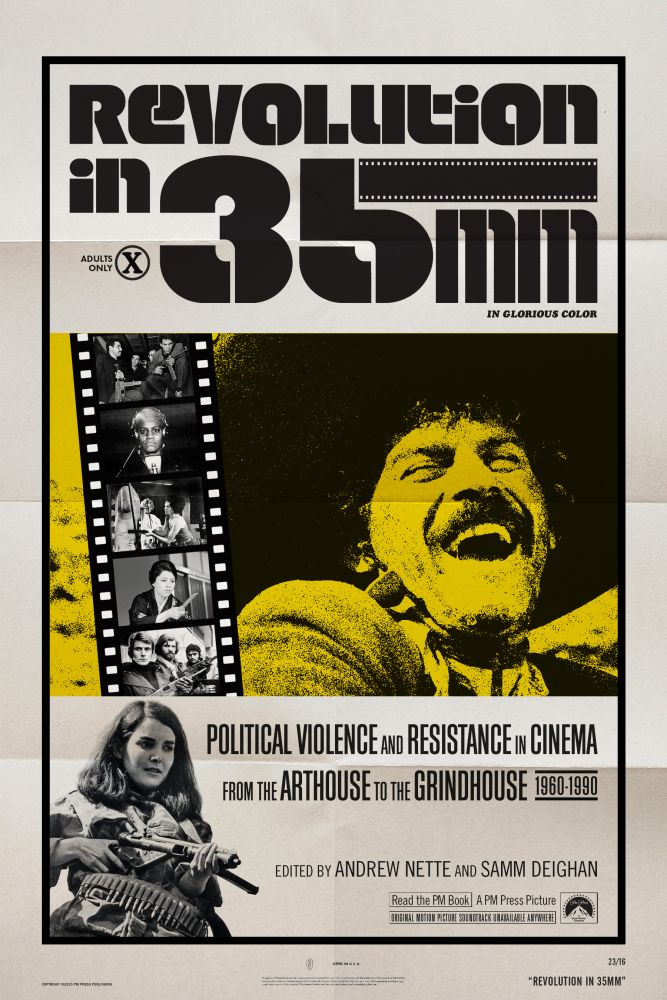
Revolution in 35mm by Andrew Nette, Samm Deighan
Revolution in 35mm: Political Violence and Resistance in Cinema from the Arthouse to the Grindhouse, 1960–1990 examines how political violence …
Sigmundur Mørkøre wants to read The Loneliness of the Electric Menorah by Aaron Cometbus
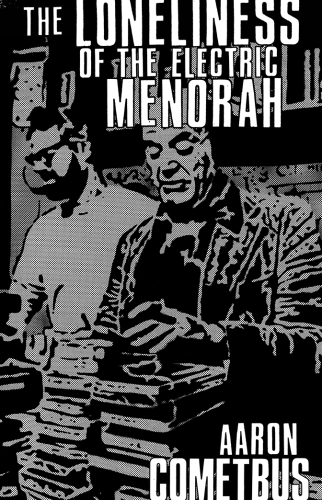
The Loneliness of the Electric Menorah by Aaron Cometbus
In 1963 the paperback revolution was making good literature widely available for the first time, yet only a handful of …
